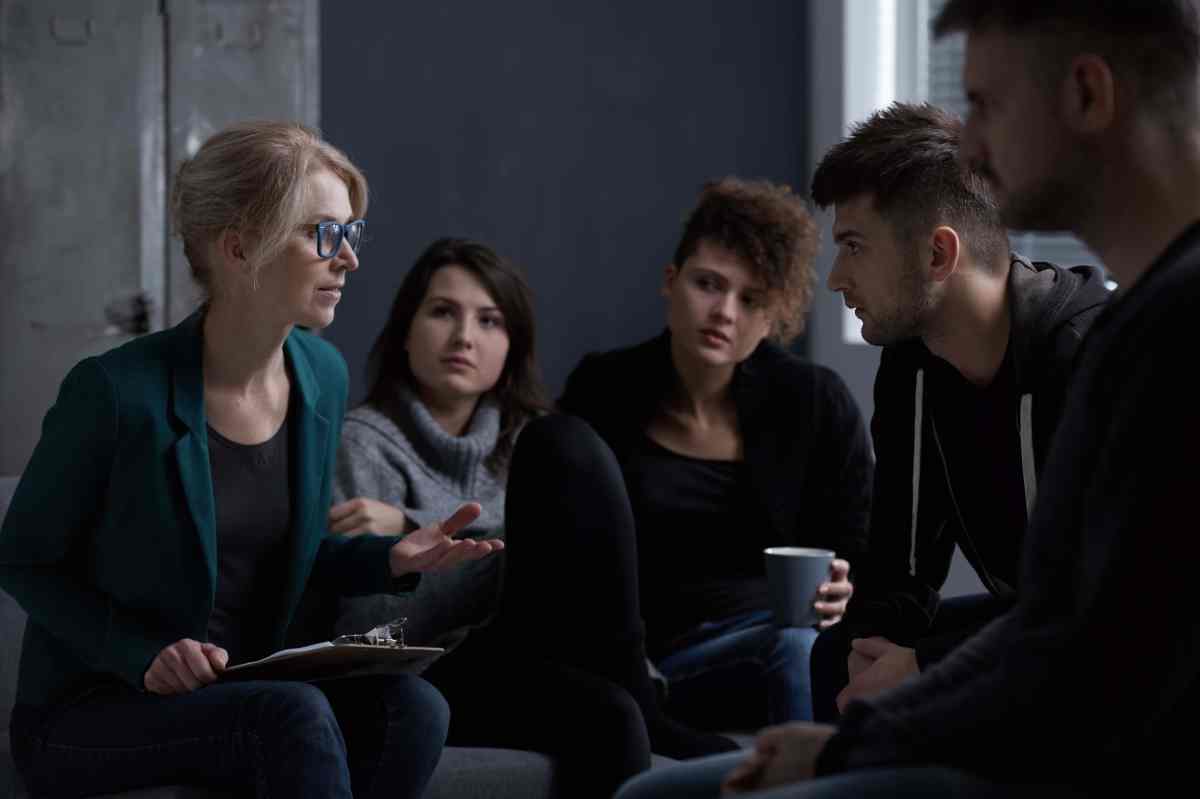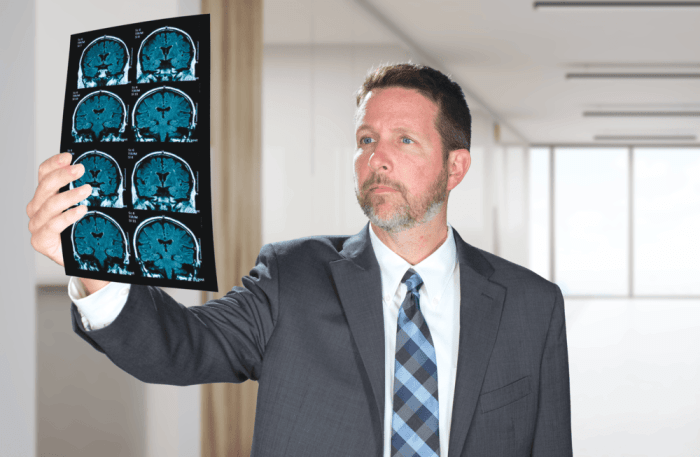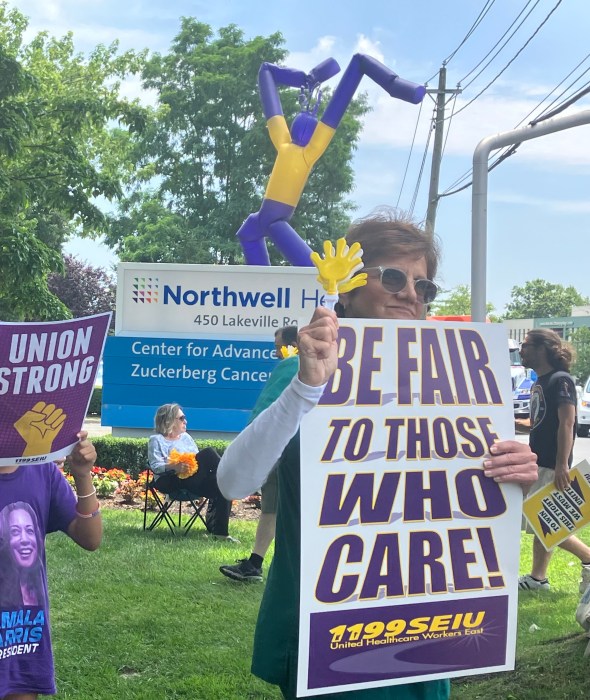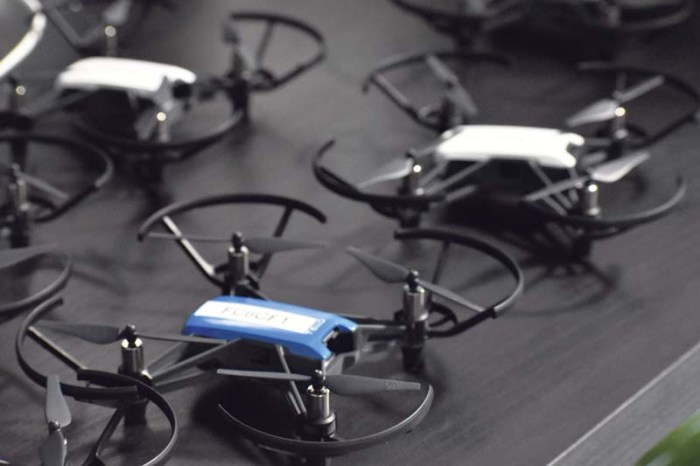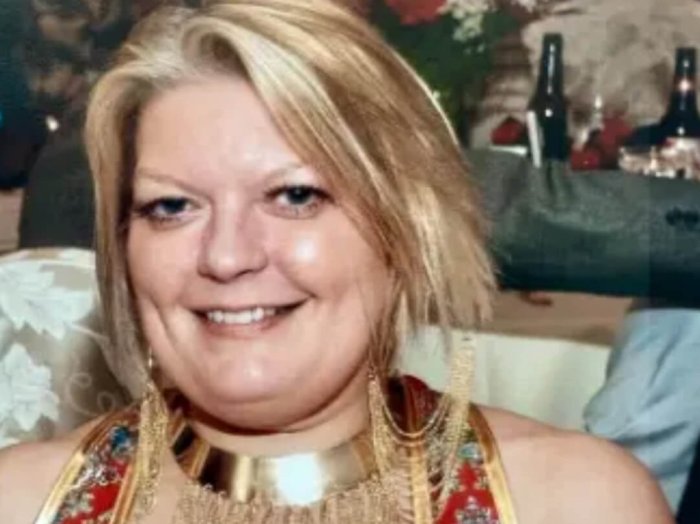Recovery coaches and peer advocates are offering the latest trend in recovery from addiction.
The idea began out of the desperation of a substance abuse recovery community in Connecticut nearly 10 years ago. Members — those in recovery and those affected by them — hoped that with some formal training, they could learn to better utilize their personal experiences and strengths to help others stop relapsing and sustain recovery.
The Connecticut Community for Addiction Recovery (CCAR) may have led the charge for the movement that’s spread across the country and has been recognized by the New York State Office of Alcoholism and Substance Abuse Services (OASAS), but it was a Baldwin agency that was among the first to offer the training on Long Island.
“I’m helping you be more conscious of the way in which we help individuals,” Anthony Bryant, executive director of Great Escape Substance Abuse Training and Information in Baldwin, told attendees of a five-week Recovery Coach class he taught in Bohemia last month.
In recovery from substance addiction for 24 years, Bryant took the curriculum for Recovery Coach and ran with it. Great Escape offers the CCAR’s 30 educational hours needed to begin the process of becoming either a state-certified Addiction Recovery Coach or Recovery Peer Advocate. Trainees would then need an additional 30 hours of education to become a recovery coach or 15 more hours for the Peer Advocate, which can also be obtained at Great Escape and consists of ethics, peer supervision, medication assisted therapy, etc.
The center has trained about 125 people over the past three years. Great Escape’s primary program is the 350-hour Credentialed Alcoholism and Substance Abuse Counselor course, which has been offered since the facility opened on Grand Avenue in 2012.
Recovery Coaches and Peer Advocates are not clinically based or driven. The designed to bridge the gap between clinical treatment and long-term recovery. They’re training is based on these ideals: Meet people where they’re at; there are multiple pathways to recovery; you are in recovery when you say you are; focus on the coachee’s recovery potential, not their pathology, to elevate recovery outcomes.
According to OASAS, the recovery coach serves as an “accountability partner to help the person sustain his/her recovery.” The coach helps the person access systems needed to support recovery such as benefits and health care. and promotes recovery by removing barriers and obstacles.
State-licensed agencies that receive Medicaid can now be reimbursed for peer support services. As a result, it’s become a career path for some, while it remains a lay life skill for others. And it’s not just for those addicted to drugs.
“We’re all recovering from something,” Bryant says.
Most of Bryant’s students said they were there to learn to better help friends or family members. Kameryn Jackson, 18, of West Babylon, is in recovery from a severe trauma suffered when she was a child. Her older brother was shot and killed on her ninth birthday. She said she now feels like she’s at a place where she can support peers trying to get through a difficult situation.
“I feel like we have a lot of teens going through things that they don’t really feel comfortable telling adults,” Kameryn says. “I want them to be able to talk to me because I’m their age. I know things from their perspective.”
Bryant tells the students that to help someone you should increase your knowledge of resources to better refer them so their needs can be met.
“Know where they’re located, know you’re not putting people in harm’s way,” he says. “If they don’t have means to travel, know the public transportation system.’’
“It’s about helping someone identify their recovery capital, discover their internal and external motivators,” he continues. “Today you’re learning from me. I’m not the person I was 24 years ago. Recovery works.”
For more information visit greatescapeinc.org or call 516-442-1967.




